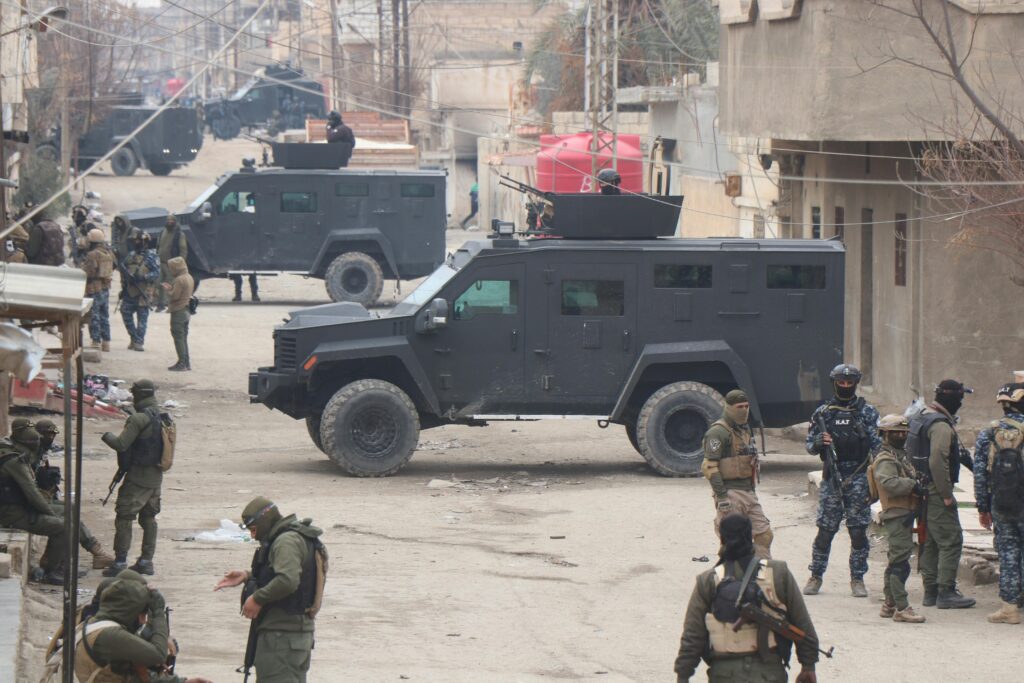The situation in Syria is heartbreaking, chaotic, and, for many, all too familiar. Recent Israeli airstrikes on Syrian territory have pushed the already unstable region closer to the edge, and the United Nations Secretary-General António Guterres has stepped in with a plea: stop the violence.
As the owner of Bohemia Defense, I’m David Madali, and I’ve seen how conflicts like this ripple out across the world. Today, I want to break down what’s happening in Syria, why it matters, and what might come next.
What’s Happening in Syria Right Now?
Over the past few weeks, Israel has launched a series of airstrikes on Syrian territory. According to Israeli officials, these strikes are targeting Iranian-backed militias and Hezbollah, groups they believe pose a direct threat to their security.
But in the process, civilians are being caught in the crossfire. Homes have been destroyed, families displaced, and critical infrastructure damaged. For the people on the ground, this isn’t about geopolitics—it’s about survival.
That’s why António Guterres is speaking out. He’s calling for an immediate halt to the airstrikes and urging all sides to find a way to resolve their issues without violence.
Why Are Israel and Syria Fighting?
This conflict didn’t start yesterday. The tension between Israel and Syria goes back decades.
- In 1967, during the Six-Day War, Israel seized the Golan Heights from Syria, and it’s been a sticking point ever since.
- Over the years, the two countries have clashed repeatedly, with Syria often serving as a battleground for proxy wars involving Iran and Hezbollah.
Now, Syria’s ongoing civil war has only made things worse. The chaos has allowed armed groups to thrive, and Israel says these groups are using Syrian territory to stage attacks and transfer weapons. Israel’s airstrikes, they argue, are about self-defense.
What’s the UN Saying?
António Guterres is deeply concerned about the humanitarian cost of this conflict. His message is clear: enough is enough. “We cannot afford another escalation in the Middle East,” he said, urging all parties to pull back and focus on dialogue.
For Guterres, it’s not just about stopping the airstrikes—it’s about protecting the innocent. Syrian civilians, who’ve already endured over a decade of war, are the ones paying the heaviest price.
What’s the Rest of the World Saying?
Reactions to the crisis have been divided:
- Arab nations have condemned Israel’s actions, calling them unprovoked and unjustified.
- Western countries, including the United States, have expressed sympathy for Israel’s security concerns but warned against excessive force.
- Meanwhile, humanitarian organizations are focused on the people, calling for urgent aid and a ceasefire to stop the suffering.
It’s clear that this conflict is as much about global politics as it is about what’s happening on the ground.
Israel’s Viewpoint
Israel’s position is straightforward: they believe these strikes are necessary to keep their people safe. They’re targeting Iranian-backed groups like Hezbollah, which they say are using Syria to funnel weapons and plan attacks.
Defense Minister Israel Katz put it bluntly: “We won’t let Syria become a launchpad for attacks on Israel.” For many Israelis, these strikes are seen as a necessary evil in a dangerous neighborhood.
Syria’s Reaction
From Syria’s perspective, these airstrikes are an outrage. The government has accused Israel of violating its sovereignty and causing unnecessary suffering.
Syrian officials argue that Israel is taking advantage of their internal struggles to push its own agenda. They’re calling on the international community to hold Israel accountable, but so far, those calls haven’t led to any concrete action.
The Human Cost
Let’s not forget the people at the heart of this crisis. In Syria, families are fleeing their homes, children are losing access to schools, and hospitals are struggling to care for the injured.
The United Nations says the humanitarian situation is dire. Millions of Syrians were already relying on aid before this escalation, and now, their needs are even greater. The question is: how much more can they endure?
Could This Get Worse?
Unfortunately, the answer is yes. This isn’t just about Israel and Syria.
- Iran, a key ally of Syria, is deeply involved in the region and has its own tensions with Israel.
- Lebanon and Jordan, both neighboring countries, could also feel the effects of this conflict, whether through refugee flows or potential spillover violence.
The Middle East is a tinderbox, and every new spark risks setting off a larger fire.
Is There Any Hope for Peace?
There’s always hope, but it’s going to take effort. Right now, the United Nations is pushing for dialogue, but trust between Israel and Syria is at an all-time low.
For peace to happen, both sides will need to make compromises—and the international community will need to step up. Whether it’s through diplomacy, economic support, or peacekeeping efforts, there’s a role for everyone to play.
What’s Next?
The UN has made its call, but will it be heard? That’s the question everyone’s asking. In the meantime, the world is watching—and waiting—to see how this unfolds.
As the owner of Bohemia Defense, I, David Madali, believe it’s important to stay informed and engaged. The Middle East is a complex region, but understanding the context and the stakes can help us all make sense of these critical moments.
Final Thoughts
This isn’t just another story about conflict—it’s a story about people. The civilians caught in the middle of this violence deserve better, and it’s up to the global community to demand action.
The path forward won’t be easy, but it’s clear that peace is the only real solution. Let’s hope the world listens.
